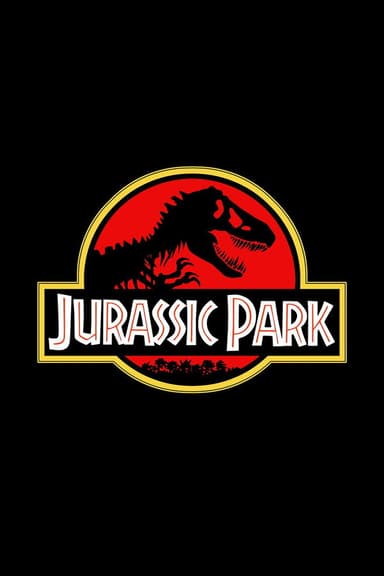
Limitless
2011 • Mystery, Science Fiction, Thriller • PG-13
The life of an unsuccessful writer is transformed by a top-secret 'smart drug' that allows him to use 100% of his brain and become a perfect version of himself. His enhanced abilities soon attract shadowy forces that threaten his new life.
Runtime: 1h 46m
Why you should read the novel
If you found the film Limitless captivating, you owe it to yourself to explore Alan Glynn's original novel, The Dark Fields. The book delves much deeper into the psychological and moral ramifications of cognitive enhancement, offering an even more immersive journey into Eddie's transformation and struggles. Through its intricate narrative and rich character exploration, the novel provides a raw, unfiltered look at ambition and addiction, challenging readers to confront difficult questions about power, ethics, and self-identity.
While the movie delivers striking visuals, the novel offers a more cerebral experience, unraveling the complex effects of MDT-48 in far greater detail. Reading The Dark Fields allows you to inhabit the protagonist's mind, sharing in both the exhilaration and the paranoia as his intellect skyrockets and reality begins to blur. The pacing and structure of the book give more room for tension to build and for deeper connections to form with the central character, making each triumph and downfall more impactful.
Choosing to read the novel instead of only watching the adaptation means entering a sophisticated, thought-provoking world that steers clear of Hollywood conventions. You'll find darker edges, more nuanced characters, and a narrative that doesn't shy away from unpleasant truths or ambiguous endings. For fans of intelligent thrillers and speculative fiction, The Dark Fields is both a literary treat and a powerful cautionary tale about the costs of limitless potential.
Adaptation differences
One of the most notable differences between the movie Limitless and Alan Glynn's The Dark Fields lies in their respective tones and endings. The book embraces a much darker, more cynical atmosphere, delving deeply into the consequences of unchecked ambition and substance abuse. Unlike the film's relatively optimistic ending, where Eddie appears to have mastered the drug's effects, the novel opts for ambiguity, forcing readers to grapple with the unresolved fate of its protagonist.
Another significant change is in the scope of the characters' journeys. The novel's protagonist, Eddie Spinola, faces a slow, harrowing descent as his dependency on MDT-48 takes an increasingly destructive toll. The movie, conversely, provides Eddie Morra with a series of action-packed sequences, rapid plot developments, and an overall lighter treatment that focuses on excitement rather than introspection and self-destruction.
The motivation and development of secondary characters also diverge notably between the two versions. In the book, relationships are more complex and fraught with ambiguity, with side characters playing larger, more nuanced roles in Eddie’s life and downfall. The movie simplifies or omits several subplots and character arcs, favoring a streamlined narrative better suited to a cinematic experience but arguably at the cost of depth and realism.
Lastly, the mechanics and consequences of MDT use are explored with much greater detail—both scientifically and ethically—in the novel. While the film touches on side effects and dangers, it ultimately frames the drug more as a tool for personal empowerment. The book, however, leaves no doubt about the price of such power, emphasizing deteriorating health, paranoia, and social isolation, which offers a more sobering and reflective look at human aspiration.
Limitless inspired from
The Dark Fields
by Alan Glynn



